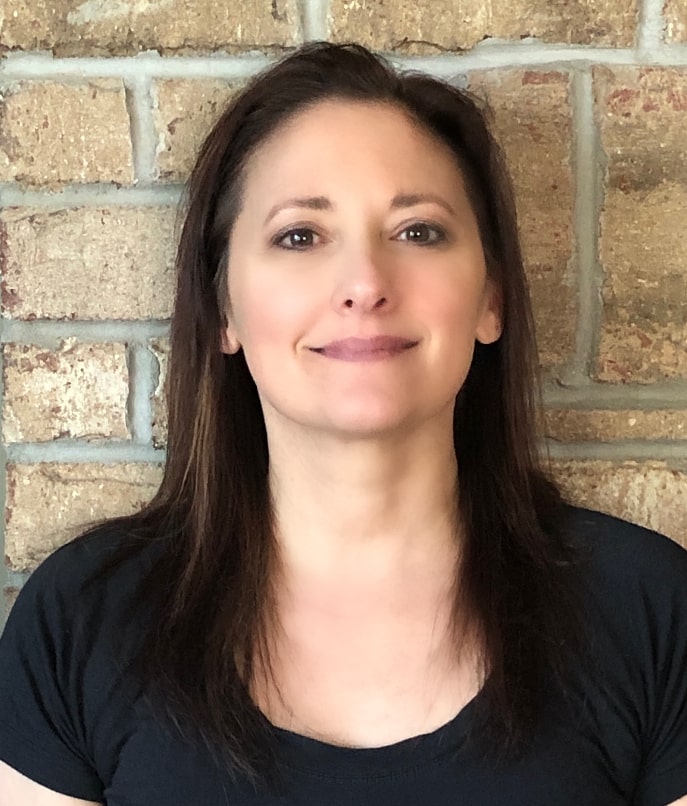
Former Hinsdale patient shares how learning to accept her emotions gave her a new lease on life
03/15/24 05:00:pm
A former Trauma Recovery patient in Hinsdale recently wrote a letter to future patients about how Rogers’ treatment finally helped her face her emotions:
"Dear Future Patient,
I live with PTSD, BPD, anxiety, and depression. I thought this was a death sentence, or at least a death in a way of living a life worth living. My life was a disaster, and my mental health was invading every aspect of my life. I was in and out of mental health programs, trying various new medications with various side effects, lying in bed all day, skipping work, ignoring my home, family, friends, and hygiene. But the way you live your life and treat others (and hopefully start to feel better), is up to you, and you alone. You will not magically be better coming to therapy or a program. You will not suddenly see your problems go away, you will just learn how to respond and deal with them. There will not be a sudden strike of motivation to get up and do things. The physics concept of inertia tells us an object in motion wants to stay in motion, and an object that is still wants to stay still. You have to be the one to make the first move to get up and go and do something to get it started. This is called behavioral activation, which you will learn.
I was so terrified of having a panic attack or getting too angry or emotional in public that just thinking about it would cause me to shut down. Through the exposure exercises, I was slowly able to start facing feelings of discomfort and realizing they can’t hurt me. Then slowly and incrementally adjusting to the discomfort and realizing I would be okay. I learned assertive communication, overcame my anticipatory anxiety, and started moving again. You can’t avoid it forever. Inertia is keeping me going.
The number one most beneficial thing that I learned here was that the goal was not to fight emotions or never feel it again. Instead, learning to cope with and feel them. By doing this, they were no longer so scary. This whole concept changed my thinking and gave me a sense of self-empowerment. I also feel it was so beneficial to be amongst other people who suffered in the same ways as I did. I drew from their strength and was inspired by their courage. We learned to not view everything as black or white, not everything is catastrophic, so what if your worst fears happen? If your worst fears come true, you can still live on. We learned that it is only destructive to ourselves to hold onto past traumas we cannot change.
After recognizing that “should” statements are distortions, I was able to give myself a break and fully embrace the treatment. I am back in control, taking the steps. My mental illness is no longer in the driver’s seat! I am able to stop, take a deep breath, think about how to react, then act in a way that is helpful to me and my situation. They call this being in 'wise mind,' instead of behaving and acting in “emotion mind.” When I am actively engaging in harmful or destructive behavior, I am not only hurting those around me, but I am hurting myself and self-sabotaging my own life." - Jenn
Several members of Jenn’s treatment team share their memories of working with her:

“Despite all the stresses, pressures, and changes here in the clinic, I’ve never once had to doubt the amazing clinical work my team does every day.”
Have you received positive feedback from a patient?
If you know a patient who had a positive experience with Rogers and would like to share it, please direct them to the Share Your Rogers Experience form on our website. Additionally, if they want to participate in advocacy, they can fill out our Advocacy form. A member of the Marketing team will reach out to explore ways of sharing their story and connect them with the treatment team for advocacy opportunities. Please note Rogers’ policies state a patient must be at least 18 years of age and be out of treatment for at least six months.





